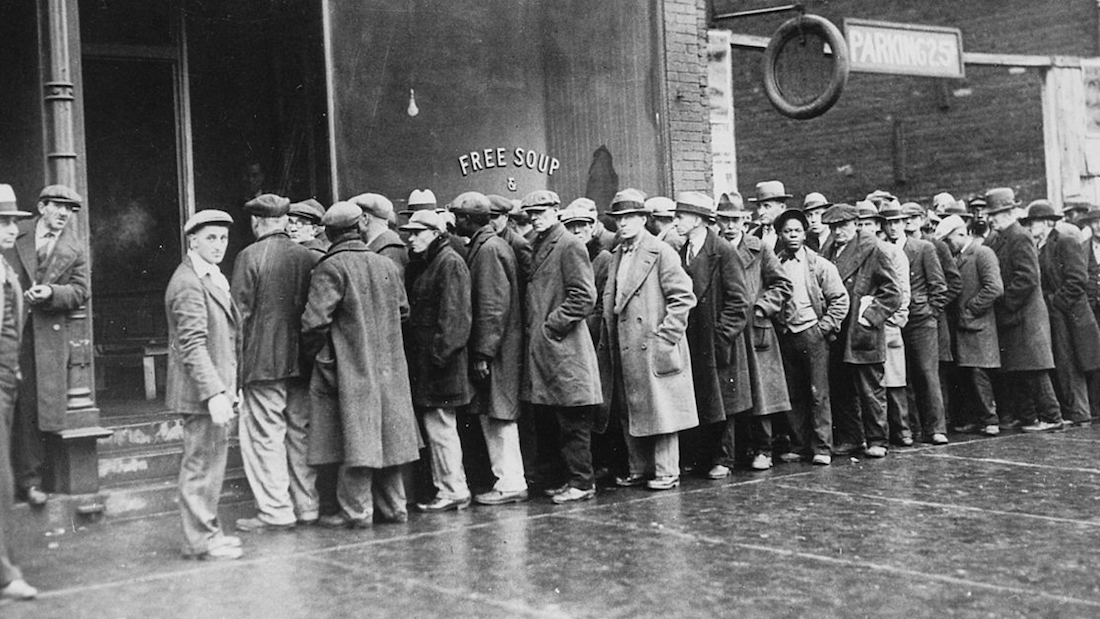I remember having a discussion with an old friend of mine some twenty years ago. We were talking about the outsourcing trend that had developed in the United States in the 1990s. A lot of jobs were going overseas from call centers, parts production, manufacturing plants, on and on. He asked me what I thought about it as he seemed to feel it was a good thing to cut your labor costs.
“Our labor is getting to be too expensive in the United States. We need to do something.”
“I agree,” I responded, “but we have to be cautious. What is being proposed has some serious ramifications down the road. It only works in the short term.”
If production of an item is outsourced and the outsourcing results in a layoff of U.S. workers, a cost savings will be realized if the production ends up in a country where labor costs are substantially lower. The problem is that if this item is sold later in a U.S. market, the layoff of the U.S. workers could make the future sale of this product result in a substantially smaller market of consumers with money to buy the product. Every time a U.S. worker loses his or her job, there is an economic impact. Purchasing power is reduced. It is great for a Mexican worker to make an automobile but most likely the automobile is being sold in another market. At $3.00 or $4.00 an hour, the Mexican worker can live well in Mexico but cannot afford the automobile that he or she is producing. Shipping the automobile back to the U.S. depends on a U.S. market with consumers that can spend the $30,000 or more that the automobile costs.
We measure our “unemployment” by counting the number of workers currently looking for a job and collecting unemployment benefits. It is possible with our present job market that our unemployment rate could drop down to 2% or 3% as once workers stop collecting unemployment benefits, they drop into a category that is measured by what is called the “Labor Participation Rate.” Sadly, this figure presently reflects about 94 million Americans that no longer have a job or the prospect of ever getting a job. Many have been out of the job market for many years. This is the true measurement of our unemployment crisis.
We have to address the jobs problem in the United States soon. The government has to realize that workers pay taxes through a paycheck. Without a paycheck, they pay no taxes, collect temporary unemployment benefits, then apply for some form of welfare and/or Food Stamps to survive. The firms that do the outsourcing realize a temporary labor savings but eventually will have no market in which to sell their product in the long run.
I think part of the problem is the way we measure “progress” in our financial markets. Many large U.S. firms report their financial results on a quarterly basis. As long as we look at short term results, we will never have long term success. Companies need a reason to invest in the long run. Every worker that is hired in the United States represents at the same time a consumer who has to have groceries, buy clothes, send their kids to school, buy a car and a house and pay taxes.
This is the long term solution that we have to work to establish.








